
crepuscule
n. twilight
(Stanislaw Straszkiewicz, Zmierzch, 1910.)

crepuscule
n. twilight
(Stanislaw Straszkiewicz, Zmierzch, 1910.)
Leonard Gordon noted this interesting pattern in the May 1995 issue of Word Ways. The English names of the first eight positive integers (ONE, TWO, THREE, FOUR, FIVE, SIX, SEVEN, EIGHT) contain altogether 32 letters. The smallest rectangular grid into which they can all be packed, word-search fashion, is 5×5. Because some of the cells serve double duty, the 32 letters “fit” into 25 cells; the ratio of these values is 1.28. This ratio remains remarkably consistent as the list of numbers is extended — here are grids for the first 8, 9, 10, 11, and 12 numbers:
E I G H T O N E E R H T E I G H T F E L E V E N S S E V E N O W T F O U R W S E V E N I N F X W O I F S O I E F I V E E R H T X I S O E I G H T W O N I N E O U G O I T N V O G X N E N I N S E V E N F O U R X I S S E V E N R H W U X V E E U H E V L E W T T H R E E T H R E E T H R E E E N R T N E V E L E 8 words 9 words 10 words 11 words 12 words 32 letters 36 letters 39 letters 45 letters 51 letters 25 cells 28 cells 30 cells 35 cells 40 cells (1.28) (1.29) (1.30) (1.29) (1.28)
Alas, the last one isn’t optimal, Gordon notes. The names ONE through TWELVE will fit into a more compact grid:
T W E L V E F N E X S L O F I V E E U S G N V V R T H R E E O W T E N N
… and that raises the ratio to 1.42 letters per cell.
(Leonard Gordon, “Packing the Cardinals,” Word Ways 28:2 [May 1995], 116.)
In 1991, botanist John L. Strother was reviewing the classification of North American sunflowers when he identified a new genus. By this time his 100-page monograph was in the final stages of proofing, and adding a new entry in the middle would require troublesome changes in the layout.
The genera were listed alphabetically, and the last one was Zexmenia. So Strother named the new genus Zyzyxia. Since this placed the new entry near the end of the article, it minimized the necessary changes, and the editor accepted the addition.
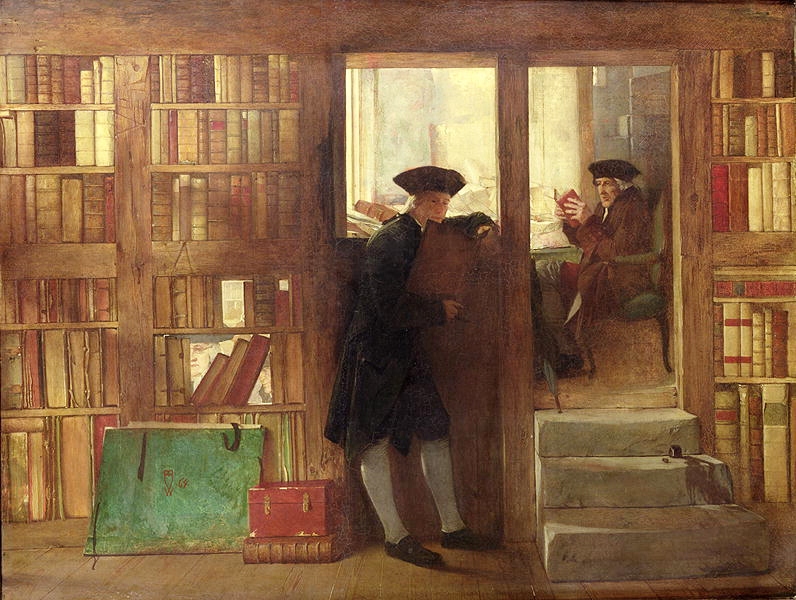
bibliobibuli
n. the sort of people who read too much
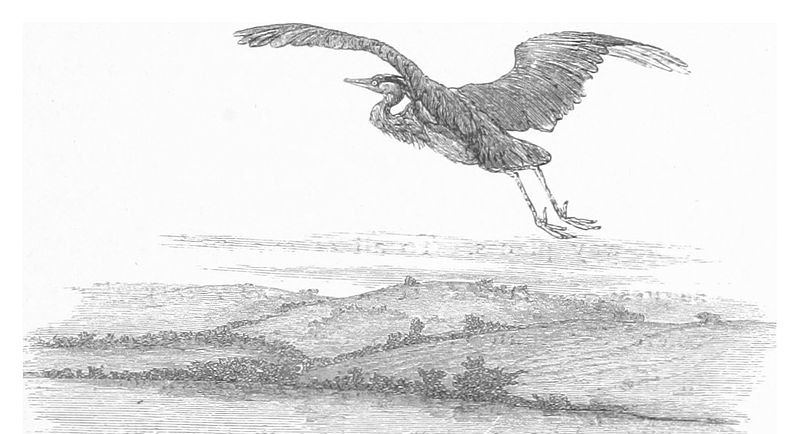
In a 1778 letter, English naturalist Gilbert White captured the characteristic movement of almost 50 birds:
Owls move in a buoyant manner, as if lighter than air … herons seem incumbered with too much sail for their light bodies … the green-finch … exhibits such languishing and faltering gestures as to appear like a wounded and dying bird … fernowls, or goat-suckers, glance in the dusk over the tops of trees like a meteor; starlings as it were swim along.
Biographer Richard Mabey writes, “What is striking is the way Gilbert often arranges his sentence structure to echo the physical style of a bird’s flight. So, ‘The white-throat uses odd jerks and gesticulations over the tops of hedges and bushes’; and ‘woodpeckers fly volatu undosu [in an undulating flight], opening and closing their wings at every stroke, and so are always rising or falling in curves.”
(From Mabey’s Gilbert White: A Biography of the Author of The Natural History of Selborne, 2007.)
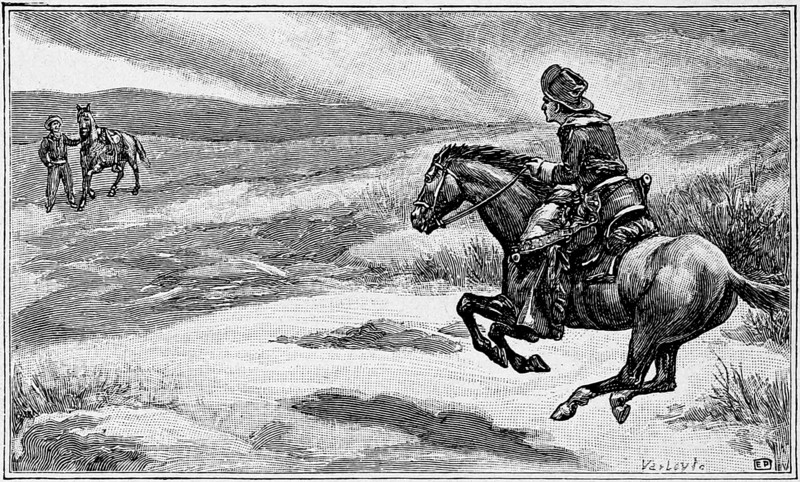
In this week’s episode of the Futility Closet podcast we’ll explore some curiosities and unanswered questions from Greg’s research, including a novelist’s ashes, some bathing fairies, the mists of Dartmoor, and a ballooning leopard.
We’ll also revisit the Somerton man and puzzle over an armed traveler.
Friend John, whose (:) was removed,
When asked why he had lately proved
So free of caution and of fear,
Said, “I’ve no (*), my dear.”
— Willard R. Espy
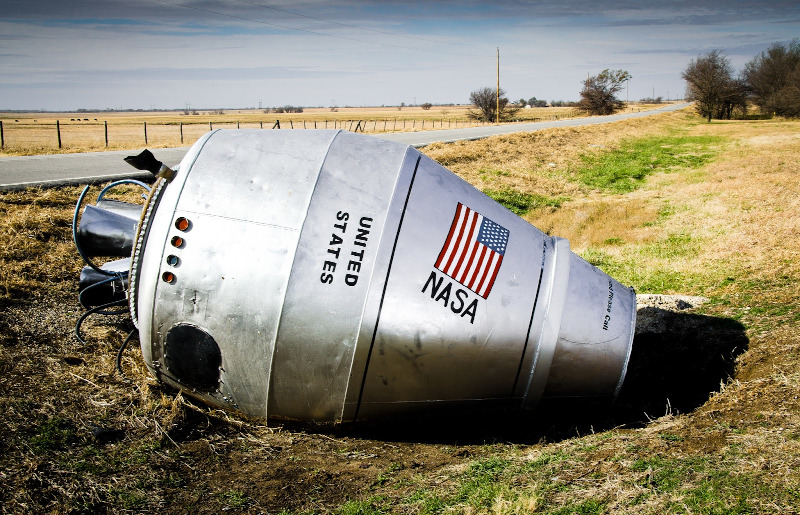
peisant
adj. having great weight
dissight
n. an unsightly object, an eyesore
bonification
n. the action of making something good or better
subrident
adj. accompanied by a smile
In 1959, a cement mixer rolled off a road in northeastern Oklahoma. The owners retrieved the truck, but the mixer held tons of concrete and was too heavy to move. Plans to bury it on the spot were eventually abandoned, and the disused mixer lay for decades beside Winganon Road. In 2008 Heather Thomas and her husband, Barry, decided to celebrate their fifth anniversary by finally attending to the matter — they disguised in as a space capsule.
(Thanks, Colin.)
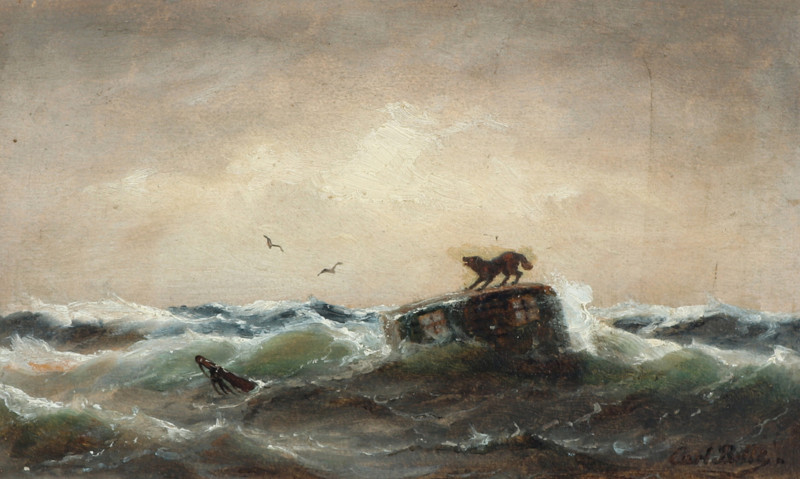
thalassic
adj. of or relating to seas and oceans
dégringolade
n. a quick deterioration or breakdown, as of a situation or circumstance
supersalient
adj. leaping upon
sperate
adj. hoped for; not hopeless
Shipwreck With a Surviving Dog, by the Danish artist Carl Bille (1815–1898).